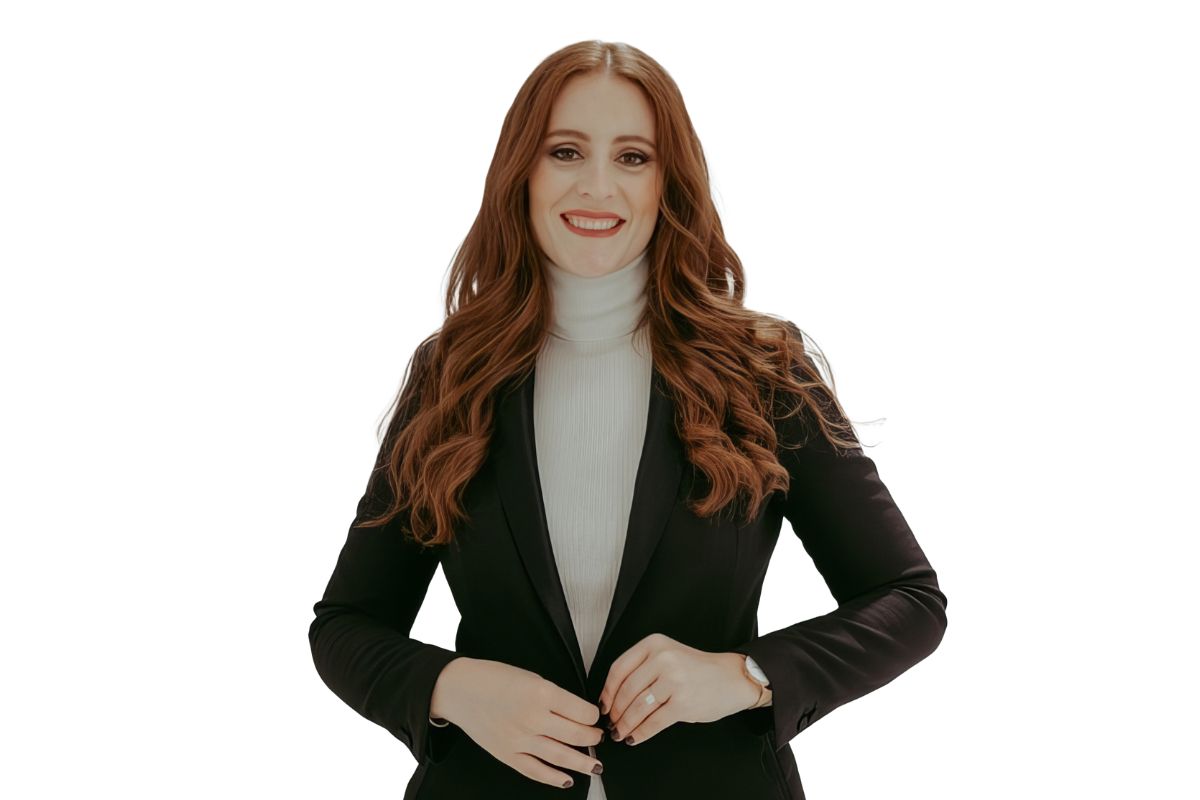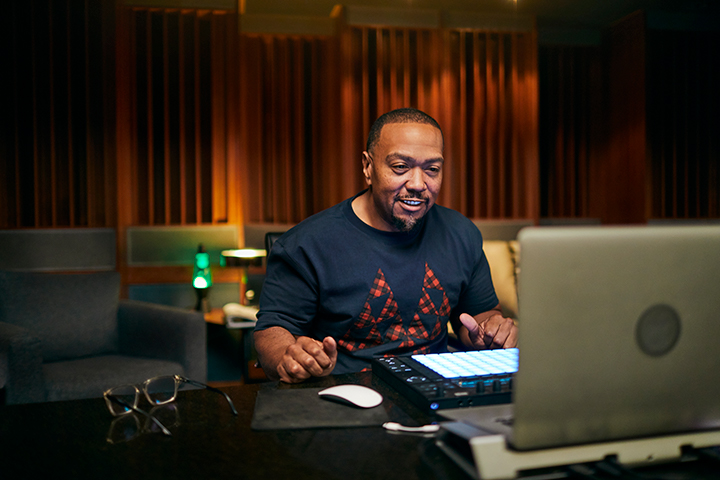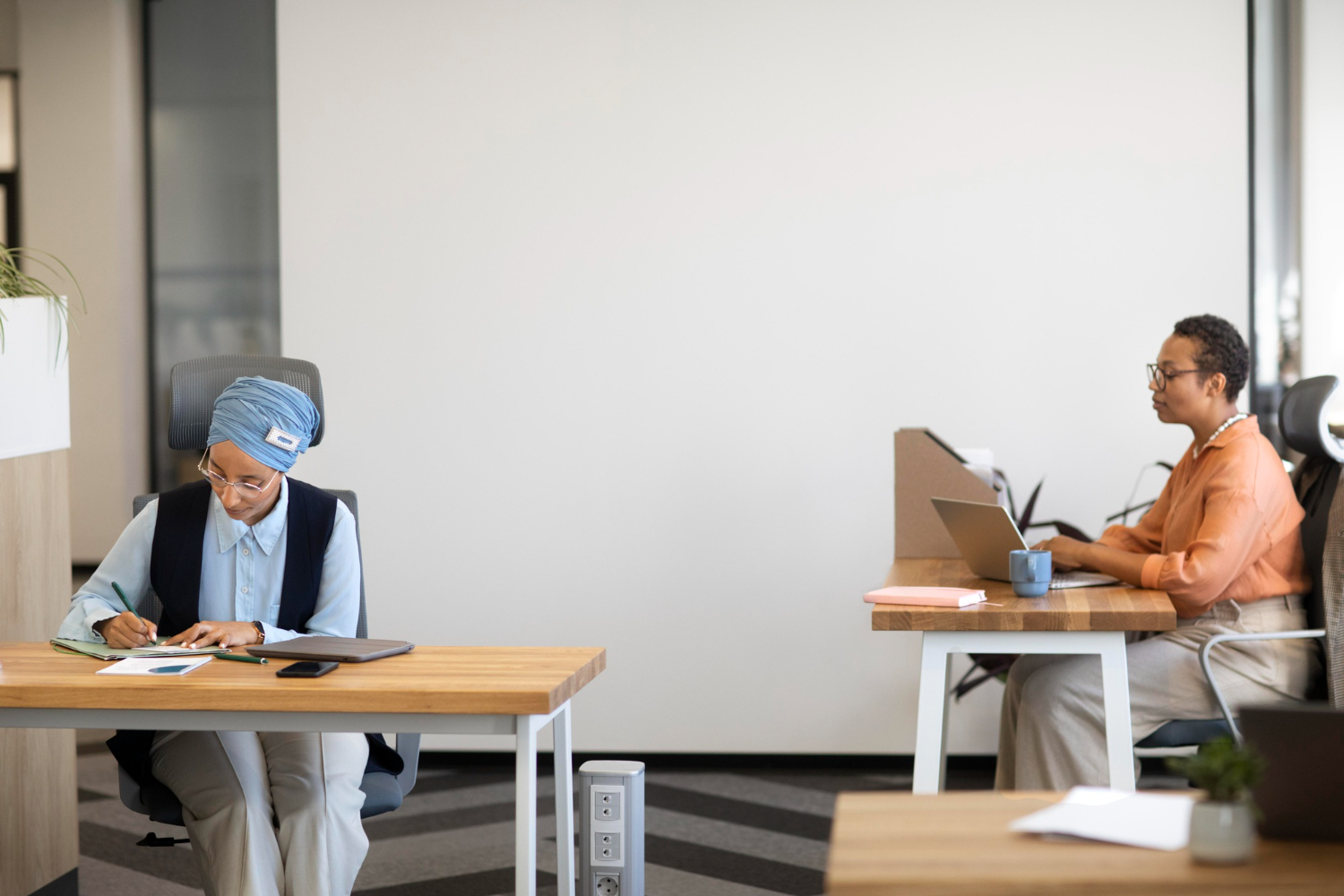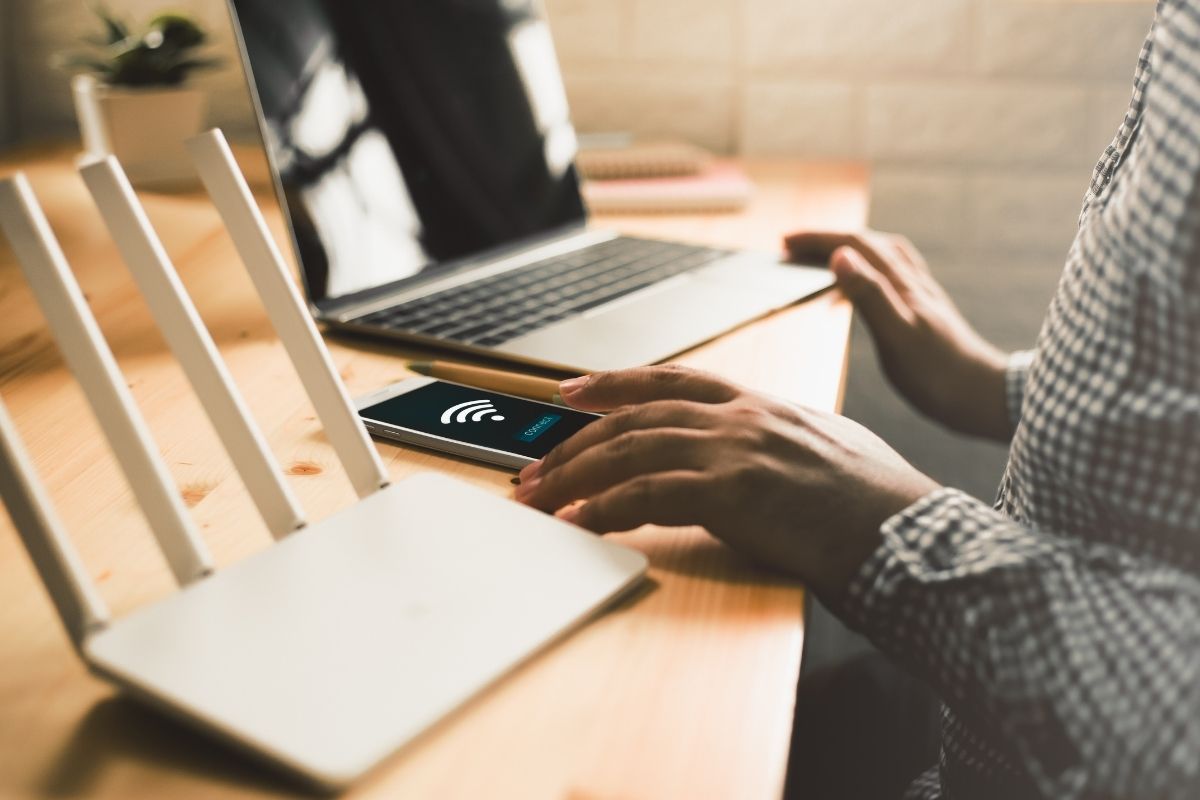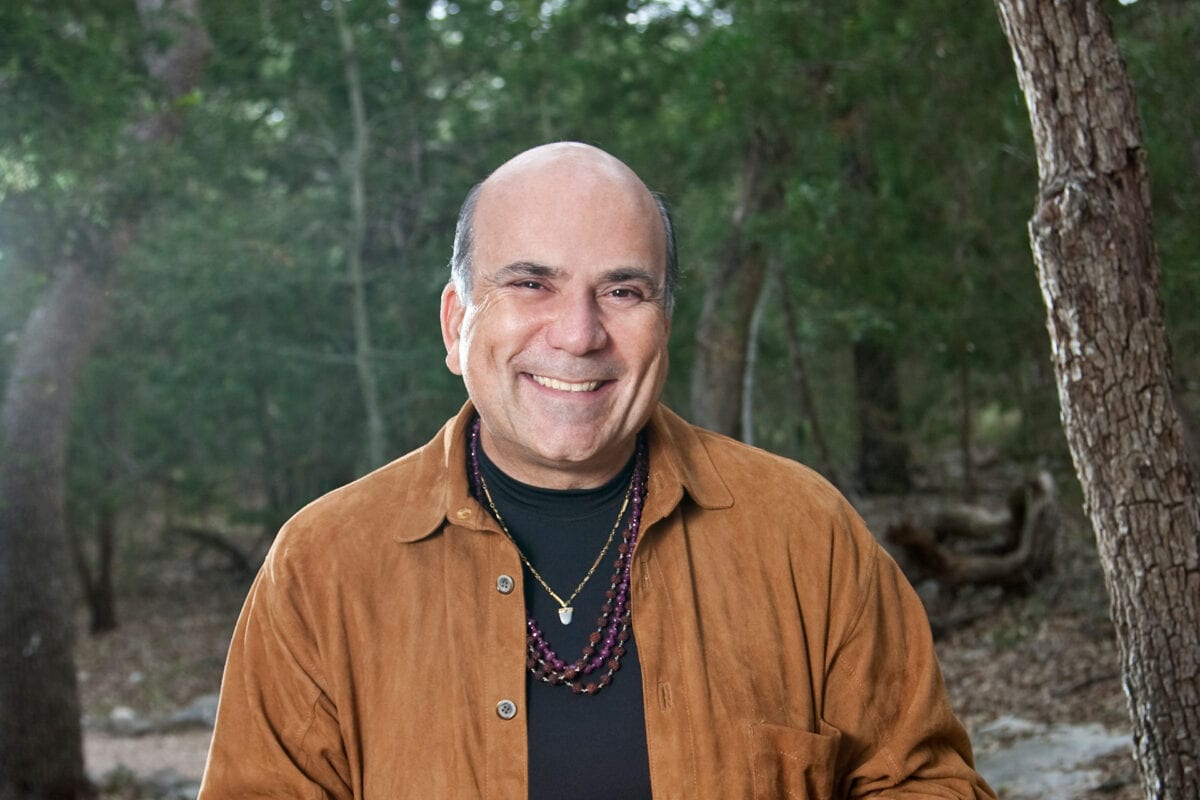Bailey Parnell is the founder and CEO of Skillscamp, a TEDx speaker and one of Canada’s “Most Powerful Women.” After growing more concerned about the harm social media can cause youths, she started #SafeSocial, the only non-profit in Canada focused on harm reduction online. Parnell spoke with The Edge, A Leader’s Magazine about the non-profit, Skillscamp, and how workers might navigate a complex future.
What was Skillscamp and SafeSocial like during the pandemic? What did you learn?
If leaders didn’t have to change during the pandemic, they [were] doing something [wrong]. There was a lot of self-reflection that should have been born out of that, and hopefully some reorientation, hopefully, some human-centric reorientation. Before, our programs were still predominantly in-person. Online was not asked for as much. [But] my undergrad was in media production, there were things that I learned that were very basic in terms of production that people were interacting with for the first time. That made [it] easier.
I actually built #SafeSocial in those months. I started researching digital well-being around 2012. During the pandemic seemed like the perfect time, when everybody was stuck inside and on screens all day, and on social media more than ever, feeling like that’s how you have to connect. That also came with an influx of risks that comes with an over-activity on those networks.
You’ve spoken a lot about the VUCA world that’s been created since the dawn of the internet. What is it how we might worry about social media for future generations? With already 45 per cent of Gen Z stating that their ambition is to be an influencer, how do we encourage a more human-centric future?
Volatility, Uncertainty, Complexity, and Ambiguity. One could argue that this has been a VUCA world before the pandemic, but that people are feeling it on a different level now. The rate of change is faster than it’s ever been, but [our brains] are not keeping up with that rate of change.
I am most worried about the next generation. All of my work is not actually for today. It’s more importantly so that we can create a world that I’m proud to give to [young people]. It’s my job through #SafeSocial to make sure that people understand what a highlight reel is, and it’s a distortion of someone’s reality.
The nature of social relationships have changed generationally. It wouldn’t be useful to say, “Just get off social media,” because there are consequences for non-participation. I’m not an abstinence-based educator, more harm reduction. I do not expect an 11-year-old to know all [that], that’s what we should be doing, and governments should be doing with big tech. And I believe this, young people can have this level of conversation about this.
Certainly, on social media, there appears to be a contingent that perhaps looks forward to a less human-centric workplace. Seven out of ten business leaders want robots to make their decisions for them. For those of us with concerns, can AI be a hindrance to a future more harmonious workplace?
Tech like this, especially its current development level, is going to be used as a result of how humans decide to use it. As an optimist, AI could be used to solve all of the problems that we’ve created for ourselves. There’s a lot of good that can come from it, but I am also very wary of leaders who are driven by greed. Late stage capitalism in general is inherently driven by greed. There’s no metric that says you owe [shareholders] a better world. I do see a lot of leaders are going to be using Gen AI to basically maximize profits, not necessarily people.
We also can expect a re-unionization movement, like we just saw with the writers’ strike. There’s going to be a reckoning where leaders are going to have to decide: What does it mean to be a good human?
What does the future of work look like for you, ideally?
I don’t even think we’ve scratched the surface on what generative AI is going to do to the world of work. There are going to be jobs lost to generative AI. I don’t want to cause fear— what I would want to inspire in people is more motivation. You should be preparing for this future. AI assisted humans is likely going to be the next phase we enter. Try playing around with it now. Your kids are probably already using it.
Obviously, I’ve staked my life’s work on the fact that the skills of empathy, of emotional intelligence, of connections, others of being able to communicate will never not be important. Human connection at the end of the day is going to be the final thing.
Kenny Hedges | Contributing Writer

